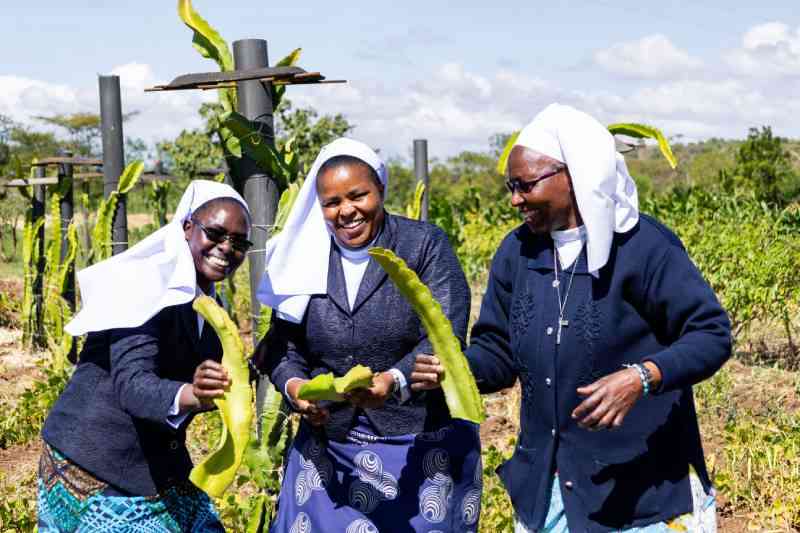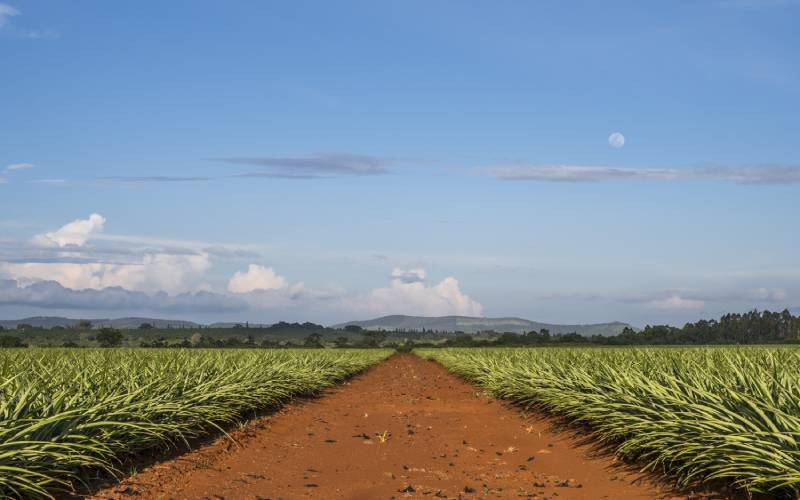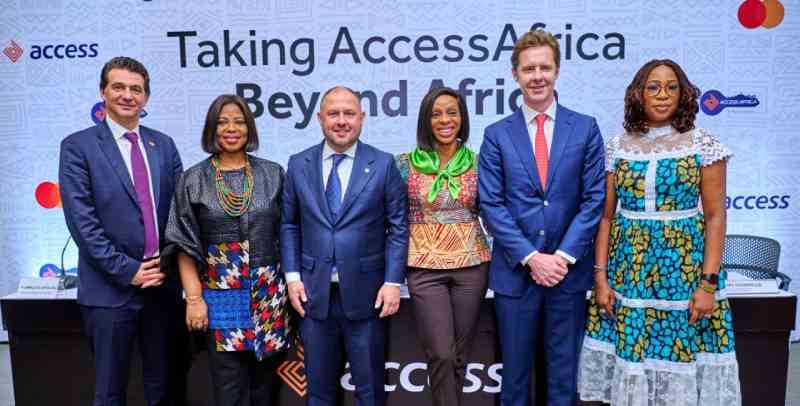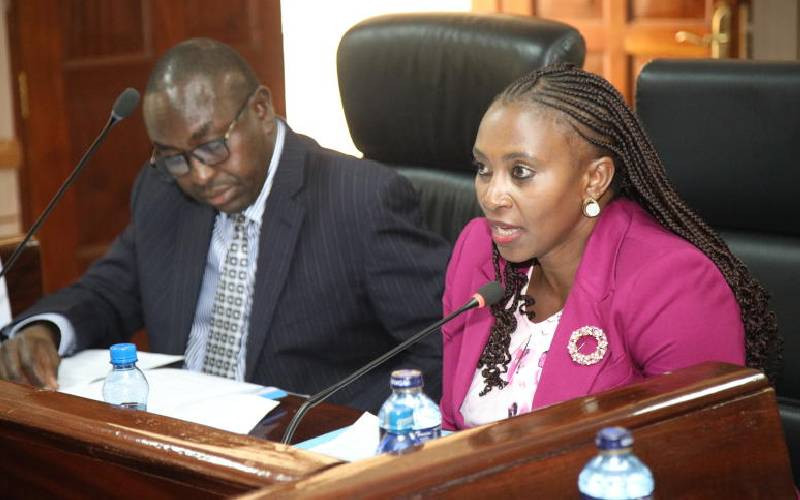
Religious institutions in Africa, particularly Catholic Sisters’ congregations, are adapting to economic challenges by transforming their traditional mission activities into sustainable social enterprises. While Catholic Sisters have long been at the forefront of addressing poverty and supporting vulnerable communities across Africa, their traditional funding sources for their mission activities have become inconsistent and uncertain, particularly exacerbated by the COVID-19 pandemic. Many of these religious congregations grew from funding and capacity building by European missionary funders, yet the growing secularization coupled with dwindling vocations in the West has revealed a critical need for innovative approaches to ensure the longevity and sustainability of these social ministries in Africa.
Strathmore University Business School (SBS) in partnership with the Association of Consecrated Women of Eastern and Central Africa (ACWECA) and supported by the Conrad N. Hilton Foundation is spearheading social enterprise effort through an initiative dubbed ‘Sisters’ Blended Value Project (SBVP)’ launched in 2022.
The SBVP, spanning from 2022 to 2024, aims to empower Catholic Sisters drawn from Kenya, Uganda, Tanzania, and Zambia to transition their largely pastoral ministries into self-sustaining social enterprises. This initiative recognizes the unique challenges faced by these religious organizations, including dwindling donor funds, limited leadership and organizational sustainability skills, and a growing population of elderly sisters with limited financial support.
Under the SBVP framework, congregations nominate a team of Catholic sisters who undergo a comprehensive capacity-building program aimed at equipping them with various skills including social entrepreneurship, financial and project management, as well as leadership and management, towards greater self-reliance for their congregations and communities in support of their charisms in a way that continues to evangelize putting faith, people, and the planet first. Through coaching and mentorship, sisters are equipped to translate knowledge into actionable strategies that enable them to lead and grow their social enterprises effectively for sustainability.
One of the core pillars of the SBVP is collaborative networking. The project has so far brought together over 1000 sisters from diverse congregations across the four countries, fostering a spirit of collaboration, peer learning, and partnership. This network not only enriches the participants’ skills but also creates a platform for sharing best practices and experiences of what has worked well in different countries in social entrepreneurship within the Catholic sisterhood.
During a recent conference themed ‘Sustainability and Climate Resilience’ in Zambia, the Hon., Mr. Elias Mubanga, Zambia's Minister of Small and Medium Enterprise Development, recognized the vital contribution of Catholic Sisters' initiatives to the nation’s economy. This acknowledgement underscores the growing recognition of the transformative impact of social enterprises led by religious organizations.
The SBVP has already yielded significant success stories. For instance, the congregation of the Poor Servants of the Mother of God in Kenya expanded its garment production enterprise following the social entrepreneurship training program. Sister Catherine Murungi, overseeing production, highlighted how the program transformed their income from Kshs. 30,000 to approximately Kshs. 300,000 per month through expanded client partnerships and strategic business practices.
Similarly, in Uganda, the congregation of the Daughters of Mary Banabikira increased staffing and productivity at the Bana Green Farm, contributing to local employment and food security. In Zambia, the congregation of the Daughters of the Redeemer is working to combat malnutrition through organic farming, while partnering with major supermarkets to boost food security and create community employment.
Sisters participating in SBVP attest to the program’s efficacy. Sister Caroline Kanjiru from the Nazareth Sisters of the Annunciation recounted her congregation’s journey from training to establishing a successful dragon fruit farming enterprise in Meru County, Kenya. The Nazareth Sisters have also embraced passion fruit farming, diversifying their revenue streams and contributing to sustainable agricultural practices.
Meanwhile, the Immaculate Heart Sisters of Africa in Tanzania revitalized education infrastructure by transforming a long-abandoned building into the Gerard Grondin Memorial School. With the growing demand for quality education, the sisters expanded their capacity, creating employment opportunities and meeting critical community needs.
The transition from traditional charity models dependent on donations and goodwill to social enterprises empowers Catholic Sisters with a fresh mindset and entrepreneurial dedication while preserving their core charisms and missions. This guarantees the continuation of enduring and impactful social enterprises that uplift communities across, Africa. Catholic Sisters are not only adapting to economic challenges but are also pioneering innovative solutions that enable them to continue their vital mission work in a sustainable and impactful manner.
In pursuing economic sustainability, governments, business leaders, NGOs, and diverse SMEs must work with the catholic sisters and support their myriad social enterprises. These consecrated women embody the spirit of altruism and empowerment, tirelessly working towards the realization of evangelization in its truest form. Their endeavours uplift communities and foster sustainable development and social justice. Now is the time for collective action, for entities to bring forth their resources, expertise, and networks to bolster the efforts of these remarkable women. Let us join hands, ignite the flames of change, and pave the path toward a brighter, more equitable future.
Written by Dr Angela Ndunge, Deputy Executive Dean at Strathmore School of Business.
 The Standard Group Plc is a multi-media organization with investments in media platforms spanning newspaper print
operations, television, radio broadcasting, digital and online services. The Standard Group is recognized as a
leading multi-media house in Kenya with a key influence in matters of national and international interest.
The Standard Group Plc is a multi-media organization with investments in media platforms spanning newspaper print
operations, television, radio broadcasting, digital and online services. The Standard Group is recognized as a
leading multi-media house in Kenya with a key influence in matters of national and international interest.











